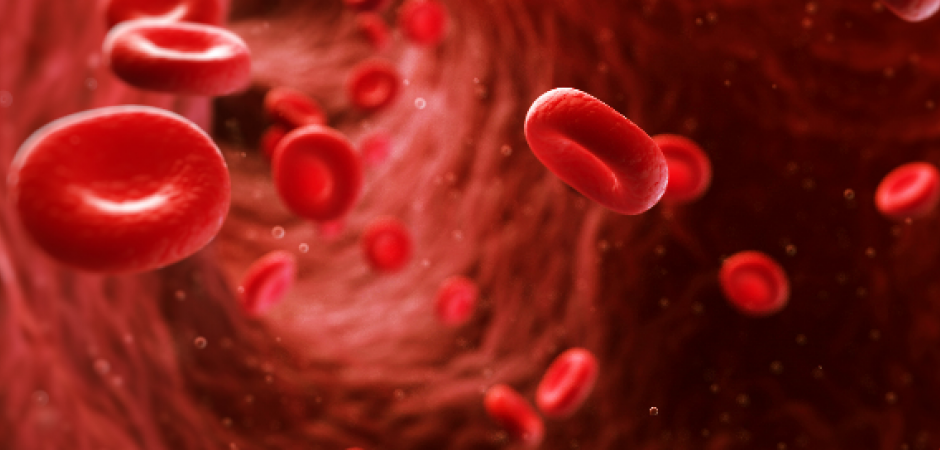Cholesterol is a soft and waxy substance that exists in every cell in our bodies. There are two types of cholesterol: high-density lipoprotein (HDL) which is considered “good cholesterol” and low-density lipoprotein (LDL) also known as “bad cholesterol.” If we get too much cholesterol, large deposits of LDL collect in our arteries which increases the risk of stroke, heart attack and heart disease. This is when doctors will advise that a change is made to diet, exercise or medication.
If your cholesterol levels are not responding to treatment, Oklahoma Heart Institute offers LDL Apheresis as an alternative.
What is LDL Apheresis?
LDL Apheresis is a nonsurgical, blood-cleansing therapy that involves filtering a patient’s blood using apheresis technology. This therapy, which is similar to dialysis, separates the cholesterol from the plasma before returning the plasma to the body. It provides a potentially life-saving reduction in the risk of stroke, heart attack and heart disease.
How is treatment administered?
It takes four hours to filter the cholesterol from the blood, and patients undergo the procedure as many as four times per month.
Is this treatment right for me?
LDL Apheresis is a new cholesterol lowering technique that can help manage cholesterol in individuals that meet the following criteria:
- LDL level of above 200 mg/dL for individuals with coronary heart disease
- LDL level of above 300 mg/dL for individuals without coronary heart disease
- Inadequate response to at least six months of diet, exercise and the maximum dosage of cholesterol-lowering prescription medications
- Cholesterol levels may be successfully lowered by 73 to 83 percent

